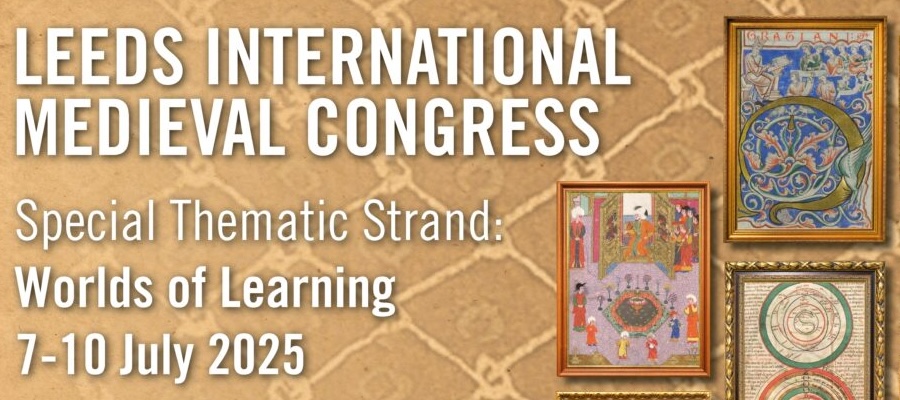Radicalism and its Uses in Late Roman History, session at the 2025 International Medieval Congress, University of Leeds, July 7–10, 2025
Radicalism, as a form of sociopolitical thought or action that aims at fully upturning the roots (radices) of a problem, must necessarily pose some threat to the status quo. The late Roman and/or Byzantine status quo is generally regarded to have been particularly impervious to such threats. One dominant narrative of Christianisation is that the ‘oppositional radicalism of the early church’, especially the radical potential of its social ethics, was defused in the rapprochement with mainstream Roman society and gave way to a non-radical ‘establishment outlook’ (Harper 2016, 141). This was, for some, unavoidable: ‘as Christianity was progressively identified with the Empire’, Christian ideas ‘gradually lost their radical character’ (Merianos & Gotsis 2017, 205). For others, it was a conscious counter-radical project, as ‘upper-class Christian leaders’ learned ‘to accommodate the Bible’s most radical social critiques… into something less threatening’ (Maxwell 2021, 158). Either way, the consequence is a model of Christian Roman society that affords little space for radicalism, even at the margins, over a thousand-year period.
This model is under challenge. The editors of the 2018 Cambridge Intellectual History of Byzantium criticise the field’s ‘persistent tendency… to subordinate individuals to normative ideas’ and to assume that late Romans ‘could not conceive a particular radical, heterodox, or supposedly modern idea because they could not think outside the box of their imperial-Orthodox framework’ (Kaldellis & Siniossoglou 2017, 18). “Radicalism” is one lens through which historians might meet this call for more generous study of the non-conformist elements of late Roman/Byzantine intellectual and political culture. Yet while our overarching scholarly narratives of late Roman history are just beginning to admit the possibility of “radicalism”, the terms “radical” and “radicals” have always appealed to any historian who wishes to emphasise moments of difference or divergence. We hear, for example, of the ‘radical Christian ascetics’ (Cullhed 2016, 352) who made a ‘radical rejection of normal life’ (Hezser 2018, 20), though their movements perhaps safely diverted the more threatening anti-wealth instincts of some Christians. We hear of ‘religious radicals’ (de Wet 2018, 74) and ‘guerilla… radical[s]’ (Drake 2002, 229) who made use of violence to advance their cause. We even hear of radical emperors pursuing ‘radical administrative reform’ (Bell, 2013, 165). And the late Roman past, whatever radical ideas it gave rise to itself, is productive ground for public-facing historians who think through inequality and capitalism, perhaps with a radical instinct of their own (e.g. Paolo Tedesco in Jacobin). For a society traditionally thought to have been un- or counter-radical to its core, its modern historians are eager to make claims for the radicalism of their chosen subjects.
In light of the above, the session organiser invites proposals for ambitious papers that critically interrogate the concept(s) and historiographical uses of “radicalism”, and seek to furnish the term with a sharper analytical utility. Papers may treat any aspect of late Roman or Byzantine history, conceived very broadly in time and space. They might explore any or more of the following:
- The definition(s) of radicalism in different late Roman/Byzantine contexts: what was “radical” in the late Roman or Byzantine world?
- Case studies of specific late Roman/Byzantine ideas and behaviour that are usefully described as, or were perceived at the time as, radical (or counter-radical);
- Late Roman/Byzantine attitudes to radicalism (philosophical, social, political, religious, etc.);
- Radical or counter-radical traditions of thought and/or action in the late Roman/Byzantine world;
- The conceptual utility of the terms “radical” and/or “counter-radical” for understanding aspects of the late Roman/Byzantine world;
- Previous scholarly uses of (or choices not to use) the term “radical” in a late Roman/Byzantine context that might be productively rethought;
- Radical approaches to the study of late Roman/Byzantine history.
Scholars of any career stage are welcome to propose a paper.
Session organizer
Dr Matthew Hassall, University of Liverpool
